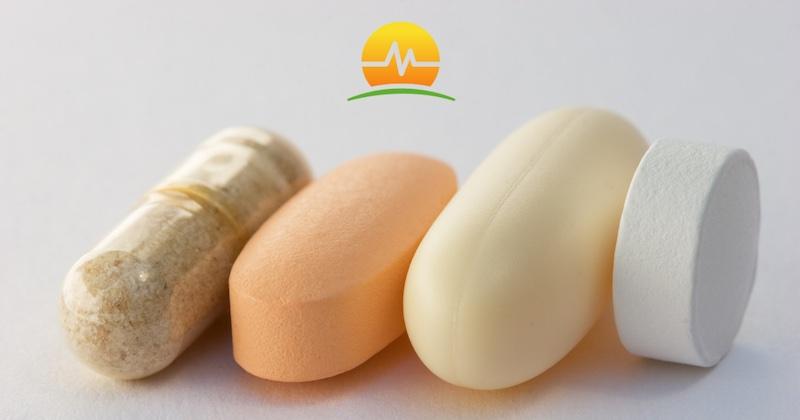Crohn’s disease is an inflammatory bowel disease that can affect the entire GI tract from beginning to end. This disease is classified as auto-immune which means that the body’s own immune system has turned on itself, attacking healthy tissue in addition to its normal role in attacking and controlling invading cells, such as cancer or bacteria. Unfortunately, Crohn’s disease does not have a cure, but there are many ways to manage it, one of which is medical therapy.
You may have seen advertisements for Humira – a blockbuster drug used in patients with moderate to severe Crohn’s disease that has not responded to other lifestyle and medical interventions. Humira has shown clinically significant improvement in remission rates when compared to placebo. For many patients, Humira remains a viable option for controlling a disease that may have plagued them for years.
But, as with any medication, there are side effects and considerations that patients should discuss with their colorectal specialist or gastroenterologist. These may include:
- Medicines may become less effective over time, requiring higher dosages or a transition to a different medication.
- Humira is an immunosuppressant, meaning it reduces the effectiveness and activity of the immune system in order to reduce the symptoms associated with Crohn’s disease. Of course, the side effect of a compromised immune system is the ability for opportunistic infections to take hold more easily. This is especially relevant today with COVID being so prevalent.
While there is no cure for Crohn’s disease, medical therapy with drugs such as Humira have dramatically improved the quality of life of patients suffering from Crohn’s disease. Surgical management of Crohn’s disease has become less common because of the newer medical therapies. However, surgical management of Crohn’s disease is still required for various complications of the disease over a patient’s lifetime. Decades ago, many surgeries for Crohn’s disease would result in an ostomy bag for the rest of the patient’s life. However, advances in technique and technology have reduced the need for an ostomy or big incisions and in fact most patients recover extremely well with a few long-term problems.
To schedule a consultation with Dr. Crean to talk about Crohn’s disease and whether medication or surgery may be right for your particular circumstance we encourage you to contact our office and schedule a consultation.









